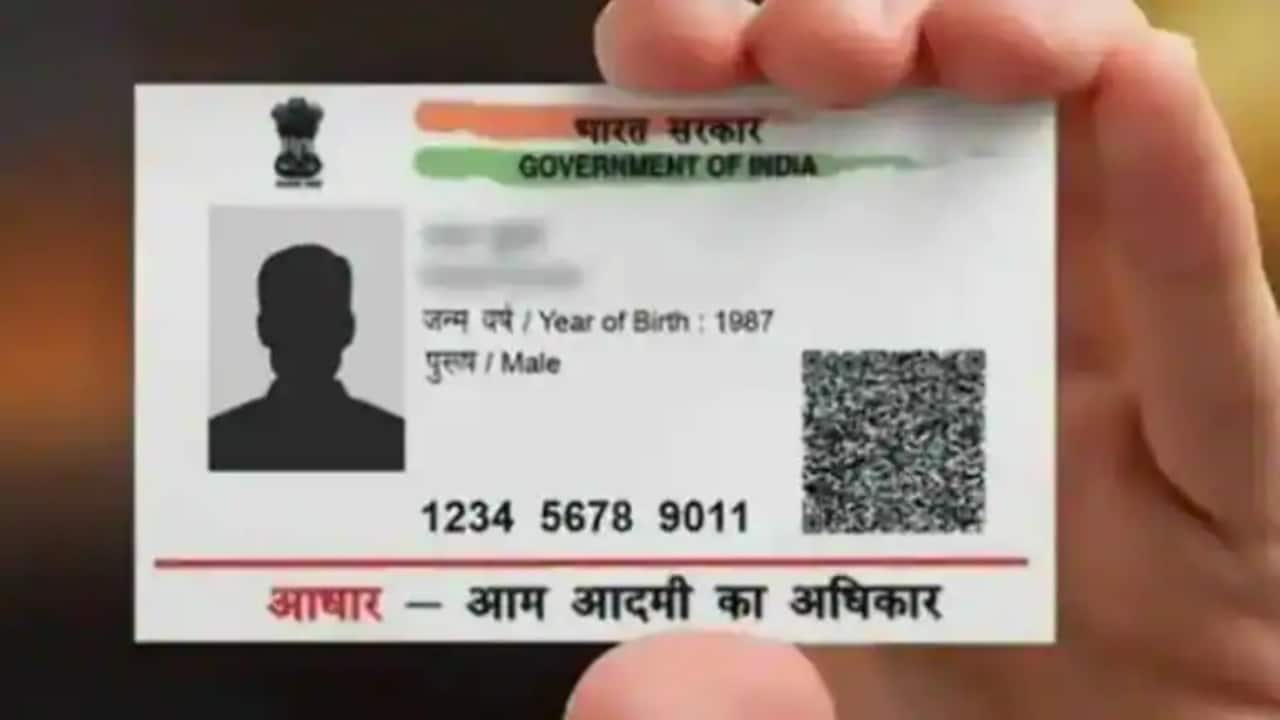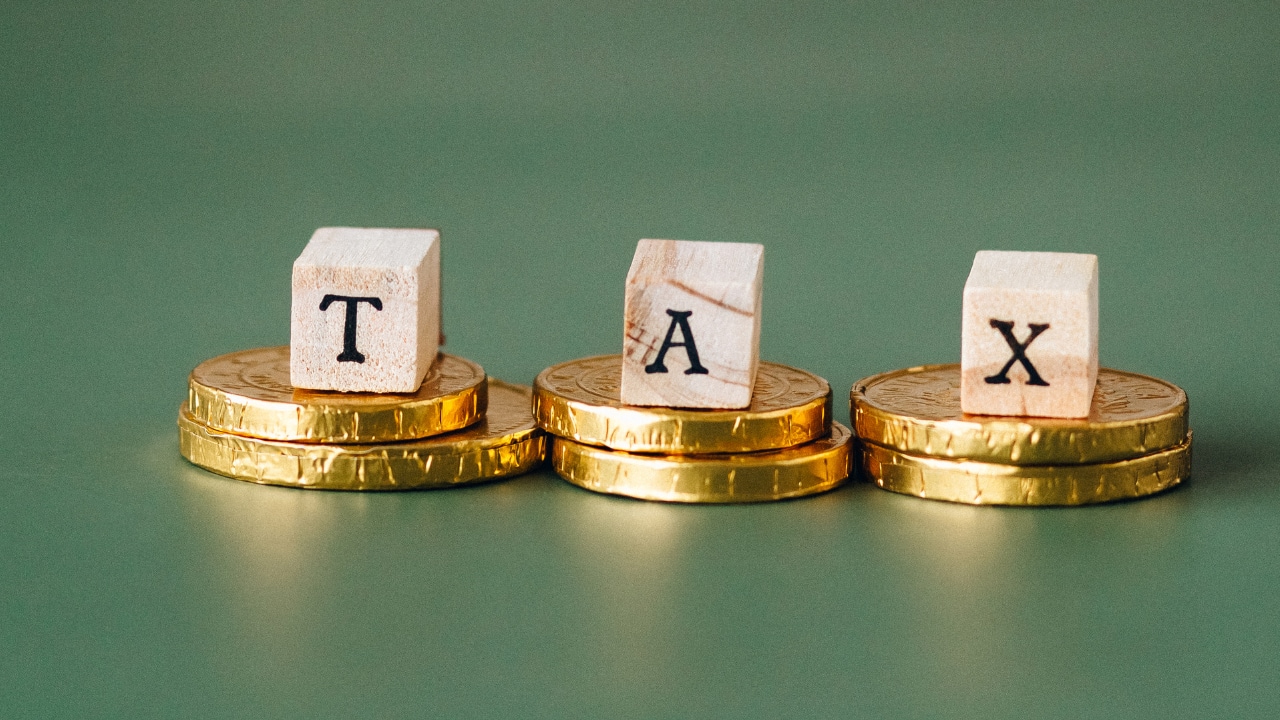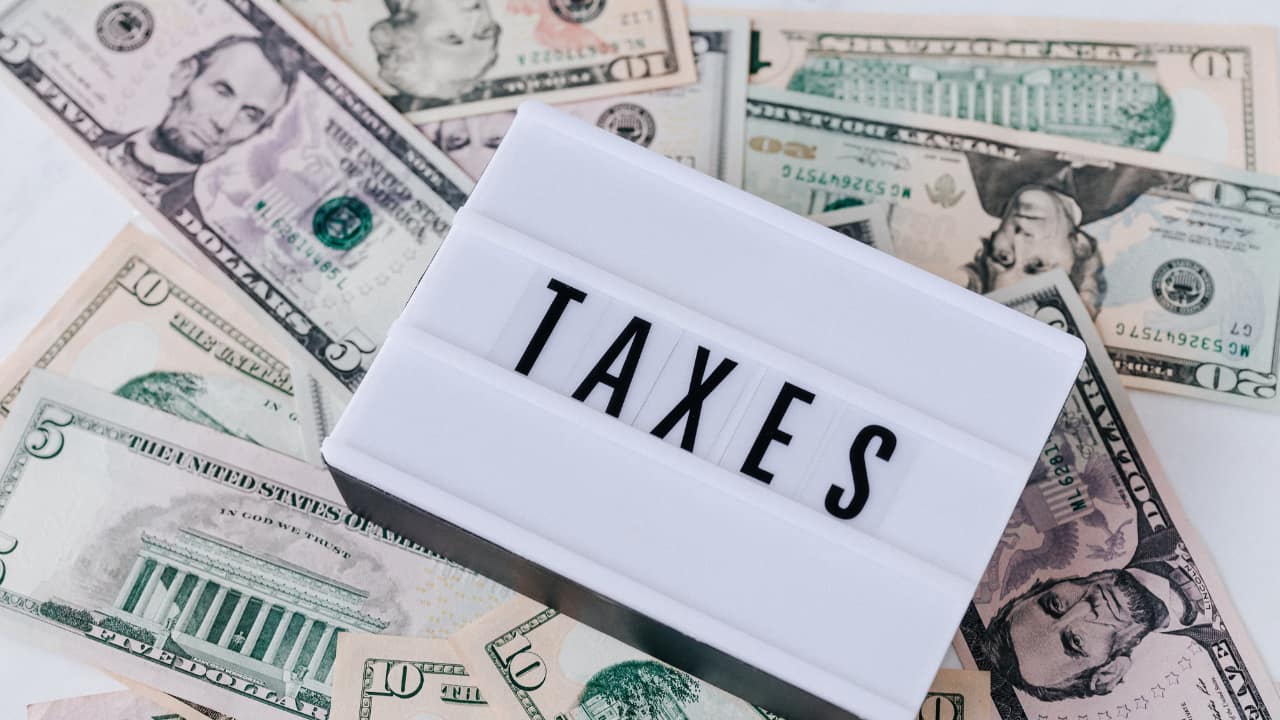In App
Open App
Get App / Open App
- Home
-
Upgrade your
experience Remove ads - Moneycontrol PRO
- Budget 2023
- Markets
-
Karnataka Polls

-
Travel Special

- Invest Abroad
- MF Summit
- MF Simplified
- Storyboard18
- Economic Calendar
- Global Markets
-
US Markets

- Indian Indices
- News
-
MC Minis

- Big Shark Portfolios
- Portfolio
- Watchlist
- Personal Finance
-
MC Health Insurance Ratings

- Mutual Funds
- Commodities
- Currencies
- Forum
- Media
-
Invest Now

- Subscriptions
- Specials
- International












